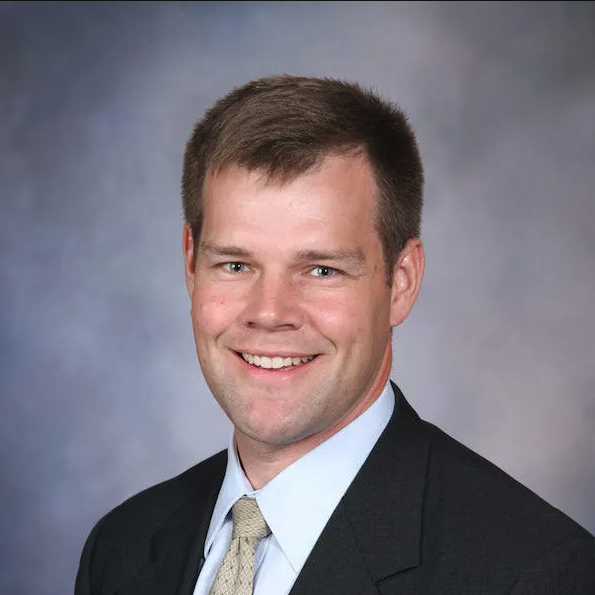
Monday, June 12, 2023, 3:30 p.m.
Loew Auditorium, Black Family Visual Arts Center
Behind an unassuming door on the ground floor of the Thayer School of Engineering is one of the world’s largest collections of failed artificial joints. In operation since the early 1970s, Dartmouth’s orthopedic research laboratory has been engaged in device design, biomaterials development, and biomechanics analysis in support of improving the quality of life for millions of patients. The engineering process taught in Dartmouth’s courses is used to solve problems throughout the musculoskeletal world, and hundreds of undergraduates have played a crucial part in analyzing the 21,000-device collection.
This lecture will focus on our ability to adapt to a changing landscape of patients, implants, and failures; and will look to the future of “success analysis.” Human-centered engineering combined with modern tools and materials allow our lab to harness the natural regenerative capacity of the patient while wearable technology allows us to unobtrusively measure outcomes and perhaps one day predict and address bad outcomes before they ever happen.
Douglas Van Citters (’99, GR’03 & ’06, TH ’03 & ’06) is an Associate Professor and Associate Dean for Undergraduate Education at Dartmouth’s Thayer School of Engineering. As a Dartmouth student, Prof. Van Citters majored in earth sciences, later going on to work as a practicing geologist before becoming a biomedical engineer. As a musculoskeletal scientist, Van Citters focuses on the materials, mechanics, and design of artificial joints. His lab (The Dartmouth Biomedical Engineering Center for Orthopaedics) is one of the largest and oldest IRB-approved retrieval programs in the world with over 21,000 failed artificial knees, hips, shoulders, and ankles in the collection.
